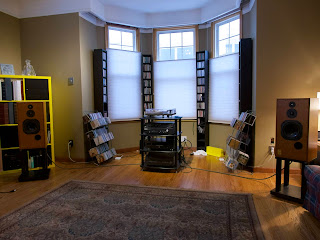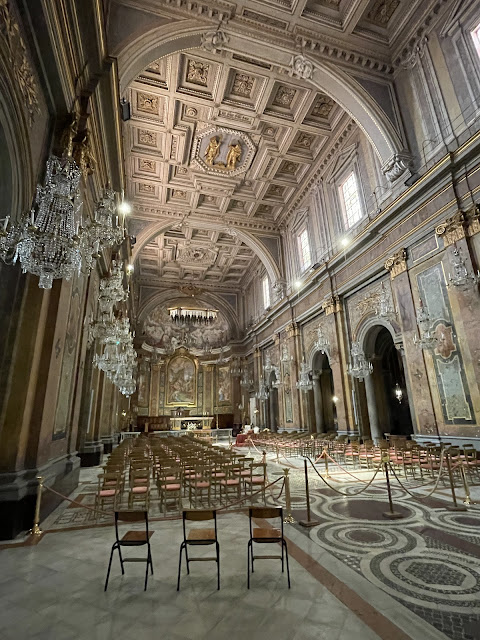From the Ashes . . .
If love is the most common theme in music and is something we talk about all the time, then the more sobering themes of Lent are certainly counter-cultural. The ancient Greeks described the quality of hubris in observing how humans can reach too far and then fall badly. They illustrated it in the story of Icarus. Despite the inconceivable illustrations of violence and upheaval in the 20th century, we continue to see the onward march of human progress as the solution to suffering.
Our social and political lives are extensions of our personal and communal journeys. We are living a fantasy if we do not recognize our struggles, pains and losses. Instinctively we are afraid that we will become and remain depressed. In response we use music to help us to reflect on our own difficult experiences and sometimes on the tragedies of life shared by a wider portion of the human family.
I would like to highlight one extraordinary modern work by Henryk Gorecki, a Polish composer who was born in 1933 and is still living. What is referred to in the West as the Second World War that involved almost the whole of Europe and included the Shoah, the death of at least six million people of Jewish descent, still casts its shadow on the culture of Europe, North America and the Middle East. Many died in the conflict, but all of the physical, emotional and spiritual brokenness that the war spawned has had its effect on subsequent generations too. My own father who came back from the war took until 1961 to marry. The wars of the last hundred years have left us speechless, and as the use of media make the task of peace ever more daunting to us, there is a genuine danger that we will become frozen or retreat into a falsely protected life.
It isn't surprising that we have taken quite some time as a human family to come to some terms with what has happened. The horrors of the war were far too hard to talk about in the aftermath.
And so, in 1976, Mr. Gorecki gave the world his third symphony, often called the "Symphony of Sorrowful Songs". For those who think classical music is made of Strauss waltzes this piece uses the whole orchestra as a kind of breathing apparatus, like the breath of the whole human family. It is certainly sombre in tone, but not entirely. There is spark and beauty. But the brightness only comes when pathos, sorrow and lamentation are given their due.
The solo singing of one soprano seems diminutive and yet springs out of the dominant and clearly shared lament that pushes us to a kind of stillness or reverence at the heart of what is dreadful human experience.
One text used is a lament from the collection of the Holy Cross Monastery from the latter 1400's:
My son, my chosen my beloved
Share your wounds with your mother . . .
In what I find the most moving of the texts a young 18-year old girl scratches a prayer on a prison wall where she is being held by the Gestapo:
No, Mother, do not weep,
Most chaste Queen of Heaven
Support me always.
It is very odd that at times we feel no need of rescue or redemption, that we think there is nothing wrong with us. At the very same time we are confronted with the wounds of so many sins, thankfully, most not of our own making. And we might ask quite reasonably how can we escape this human brokenness? It was G. K. Chesterton who so wryly observed: "Christianity has not been tried and found wanting; it has been found difficult and not tried." Alas, we can't easily escape our greed, strong preference for self- (and not other-)preservation, and our frequent and creative acts of justification.
It is a Christian theme from Scripture and from so much of literature that a personal abandonment to God is somehow the answer. This is quite different from giving up as it leaves us totally open to life and what God chooses to reveal to us. It is this so necessary quality that I find when I am carried by the long breaths, sighs and then shards of light that appear in Gorecki's remarkable work. There is hope and great beauty in the human condition.
The ashes of Ash Wednesday are the burned palms of the previous Palm Sunday. From, what St. Paul calls, the folly of the Cross we confront that same brokenness that we have seen in our own time, but this time on a universal scale. Let our turning away from sin bring us a rich embracing of the Gospel.

